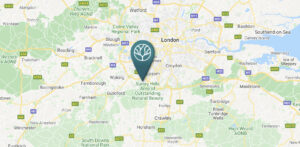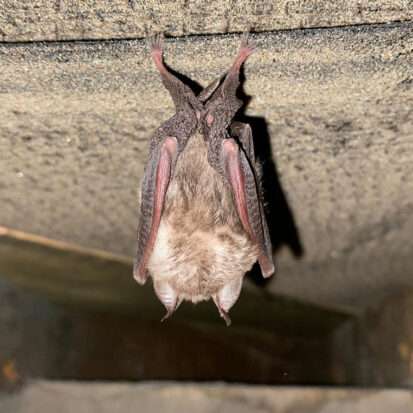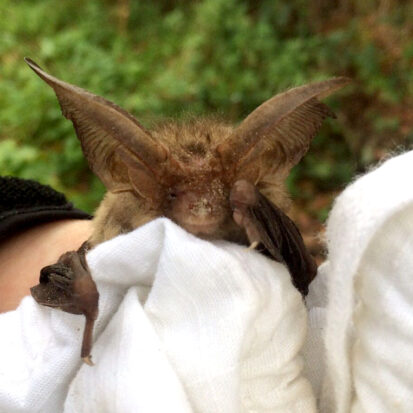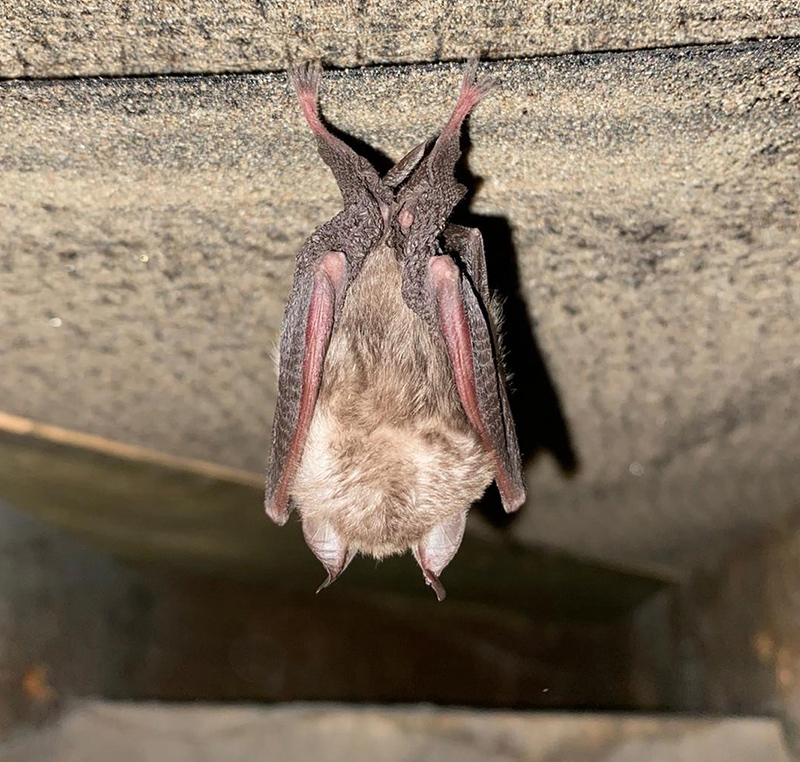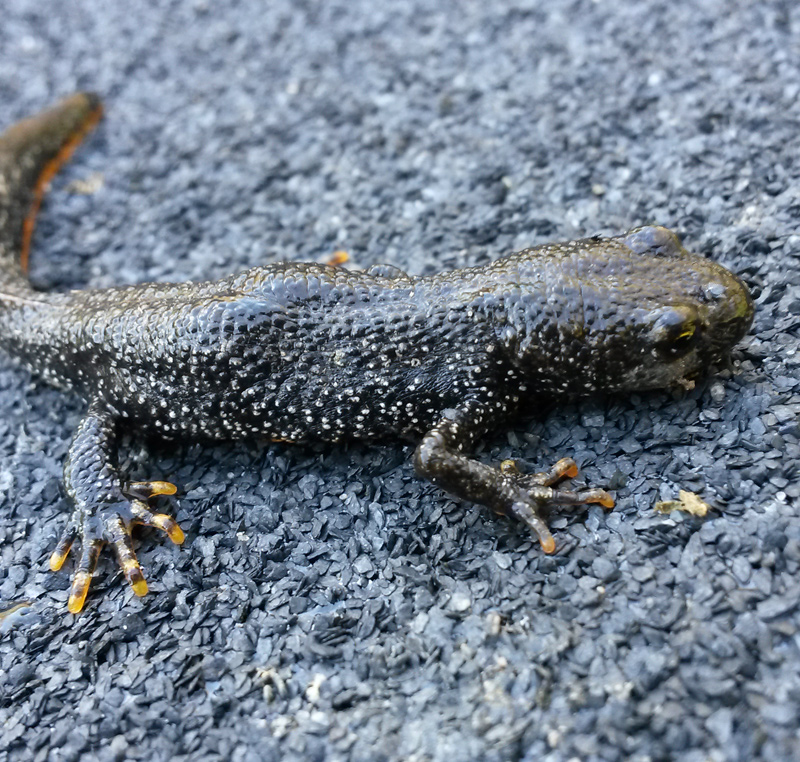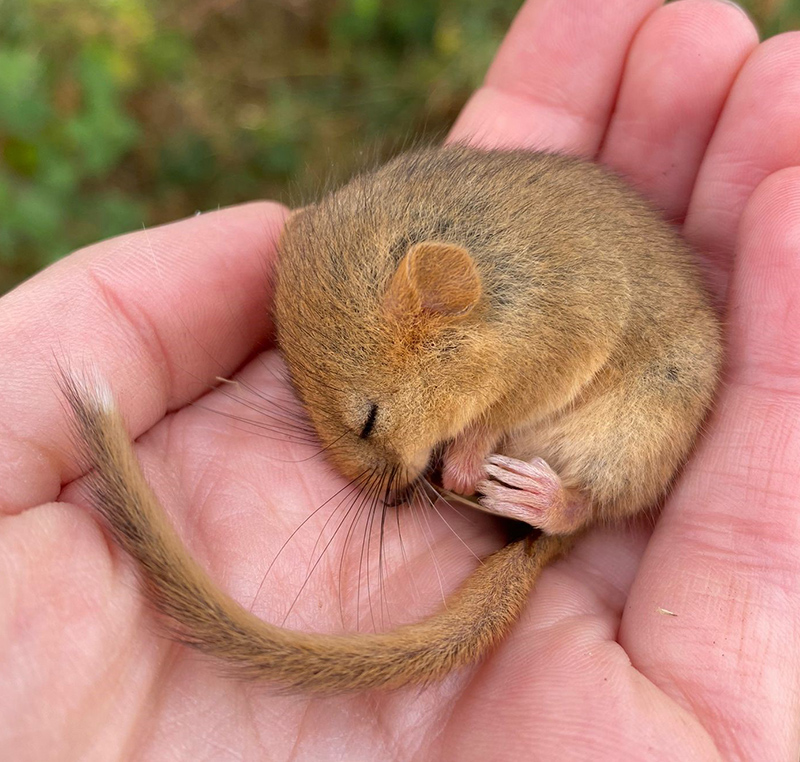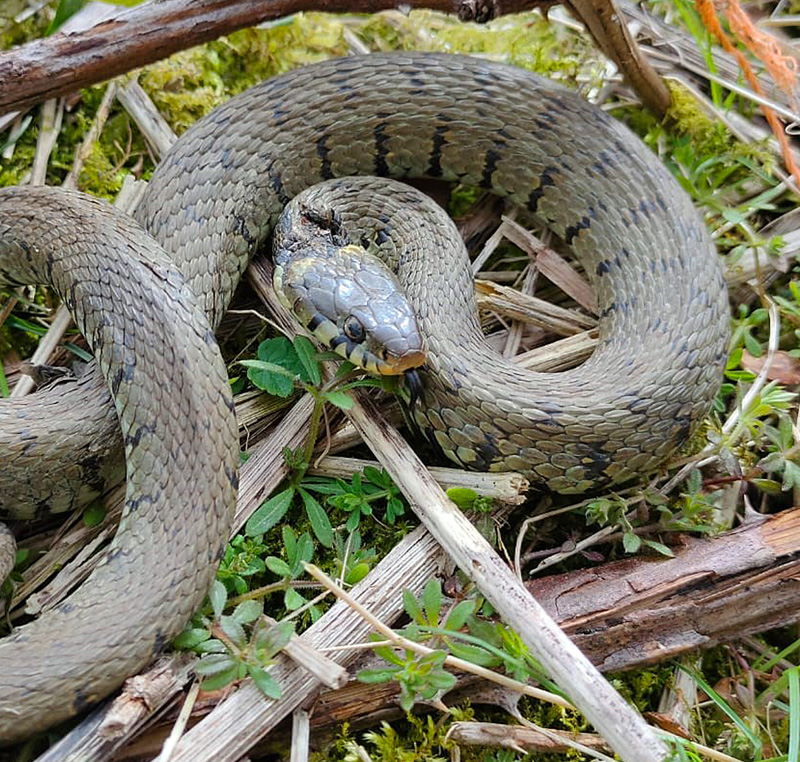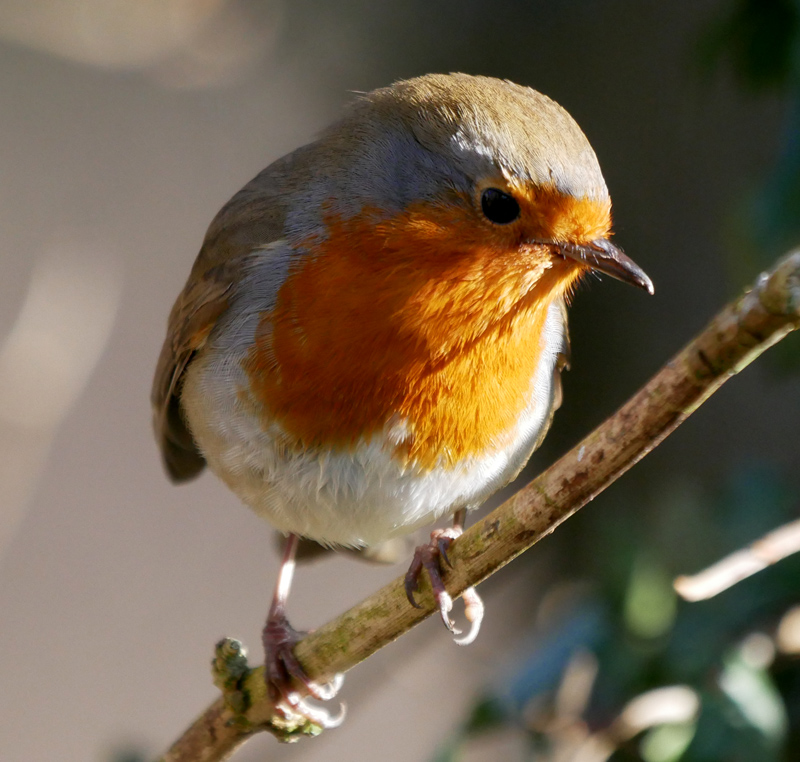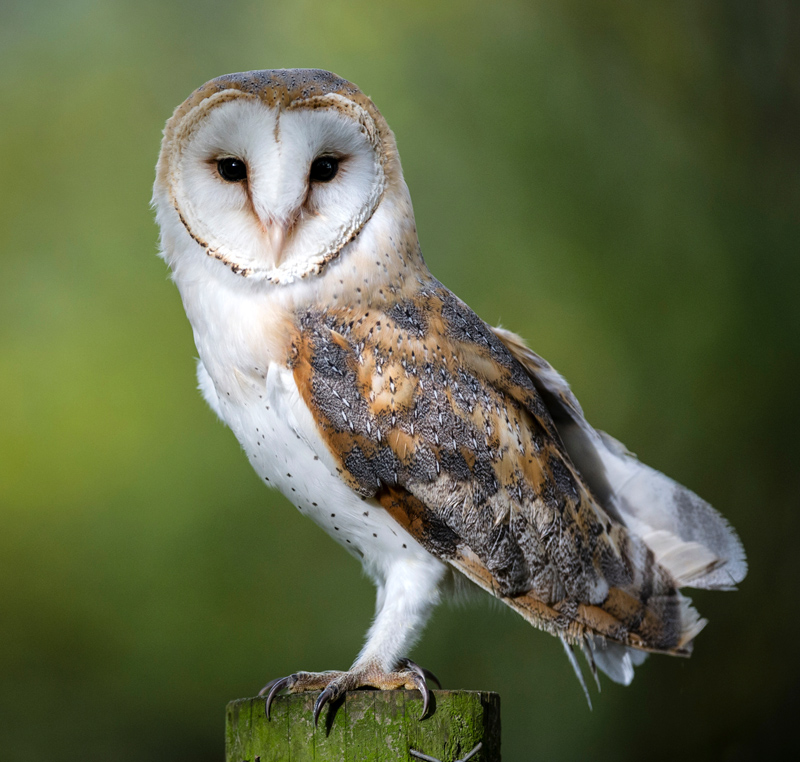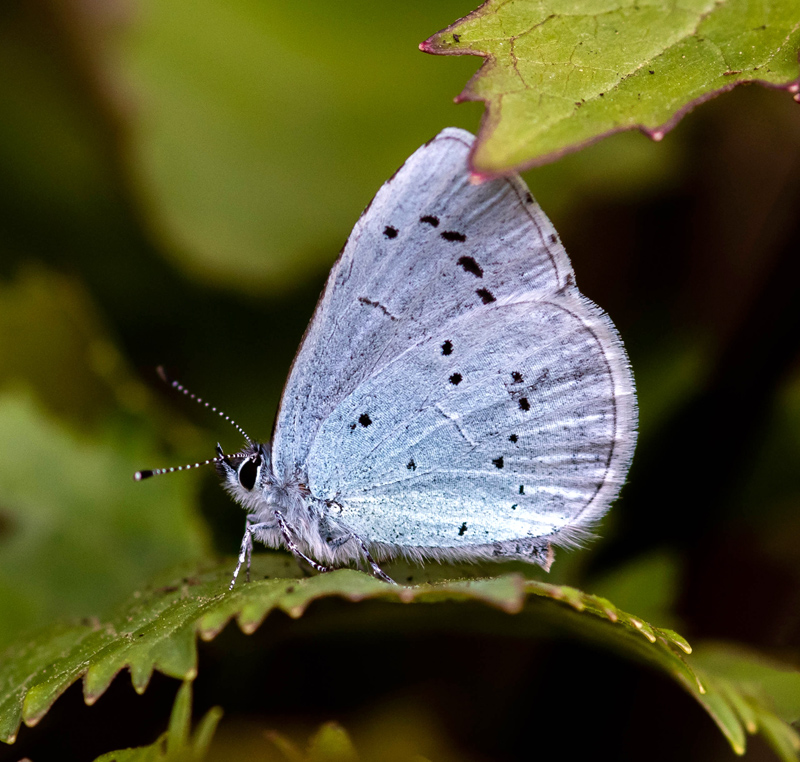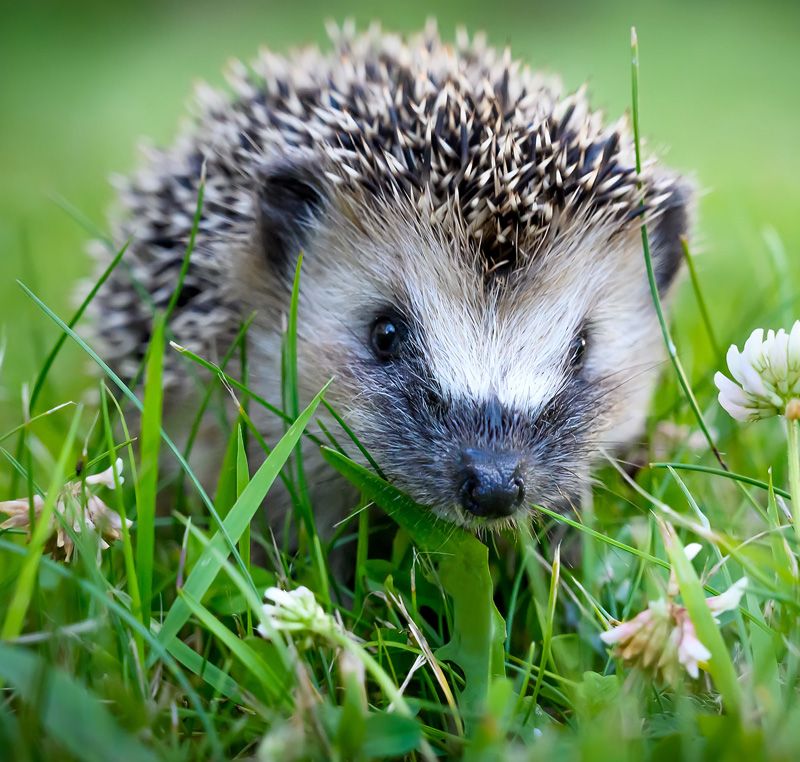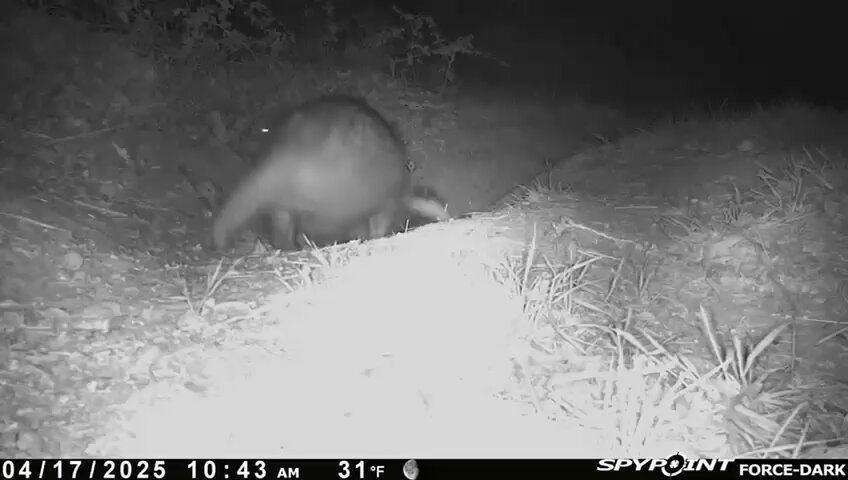Bats
Legal Protection
Bats are protected by a number of pieces of legislation, both domestic and international. As such, it is a criminal offence to:
- Disturb (Intentionally or recklessly) a bat or groups of bats in their roost
- Damage or destroy a bat roosting place, even if there are no bats present at the time
- Obstruct access to a bat roost
- Deliberately capture, kill or injure bats
Surveys...
Surveys for bats are a material consideration in the planning process and as such, surveys may be required to support your proposals. Types of works considered likely to require further assessment for bats not only include works to buildings, such as building demolitions, extensions, remodelling works, roof conversions, barn conversions, roof repairs etc, but also lighting schemes, tree surgery and removal of commuting corridors and key foraging areas, such as hedgerows and tree-lines.
In terms of proposals affecting buildings, initial survey work can be undertaken in the form of a Preliminary Roost Assessment (PRA), where an inspection of internal roof voids and external building features, such as roof tiles, hanging tiles, soffits and fascias is made to search for bats and/or evidence of bats, such as droppings or staining and assess the building’s potential to support roosting bats.
If evidence of bats is found within the building and/or the structure is considered to have potential to support roosting bats, owing to the presence of exterior features, such as lifted roof tiles, further surveys will be required to support your proposals. As part of this initial assessment, any droppings found may be sent to a laboratory for DNA analysis for a confirmation of the species present. Similarly, further surveys may be required if your proposals are to impact trees with potential for roosting bats or potential foraging/commuting corridors for example.
Further, more detailed bat surveys may include dusk emergence and dawn re-entry surveys of buildings and trees, transect surveys of potential commuting/foraging habitat, hibernation surveys and remote bat detector surveys with analysis of recorded bat calls using specialist computer software. The type and the level of survey effort required is dependent on the findings of the initial assessment.
The Ecology Partnership has licensed bat survey workers (Natural England licence) to allow individuals to undertake surveys of bat roosts.
Mitigation...
Once further surveys have been undertaken, an appropriate mitigation strategy for the scheme can be developed. The mitigation strategy will detail best practice working procedures and additional measures of appropriate site enhancement for bats. Under the Bat Mitigation Guidelines, the level of mitigation required will depend upon the nature of the roost identified during the further surveys.
If bats are likely to be affected by proposed works, a licence must be sought from Natural England to give exception to the law. The Natural England license ensures that works undertaken are done so in a legal manner.
There are two types of bat licence:
- Natural England European Protected Species Licence (or EPSL)
- Low Impact Licence / Natural England Bat Low Impact Class Licence (or BLICL)
The level of licencing required depends on several variables, such as the type of roost, species and number of roosts present, which are determined following surveys as outlined above. The Ecology Partnership are able to advise on licencing requirements and apply for both Low Impact Class licences and EPSL licences on the client’s behalf.
Bat mitigation may include the design of roosting opportunities and bat friendly features into a scheme, such as bat boxes/tubes, purpose-built bat lofts and/or modified roof/ridge tiles. Mitigation may also be required to minimise the impact on potential bat networks through design. This may be achieved through enhancement planting and additional hedgerow/tree-line creation within schemes, along with the maintenance of key commuting/foraging habitat as darkened flight paths to allow the continued functionality if these corridors to be retained.
If you require more information on these assessment or further ecological consultancy, please call us or email us.
01372 364 133
info@ecologypartnership.com
Follow us
Barn owl!
GCN and eft! #surveys #newts
River corridor surveys have yielded positive results! #surveys #rivers #otters
Amazing efts! #surveys #teamnewt
Perfect day for team training #sunshine
Beautiful great crested #newts this morning #surveys
Great find! #adder #snakes #surveys
Badgers playing! #cubs #april #playtime
And of course cakes! #yum #stockholm
Small streets and beautiful buildings #stockholm #adventures
Survey mornings in April! Beautiful views!
Amazing @jubberstravels story telling @Waterstones
What a beauty! #reptiles #slowworm #surveys #spring
Having a good scratch! #badgers #spring
Male and female great crested newts #teamnewt
What a catch! #newts #surveying #spring
Newt hunting! #newts #surveying
Nice find this morning! #bats #surveys
Good view point! @oldvictheatre can’t wait!
Excellent book! @Waterstones @jubberstravels so good to see it rightly recommended! We are looking forward to his next one!
Super photo! Pipistrelle rehomed under licence #bats #lovebats
Science! @sciencemuseum
Dinosaurs 🦕 and invertebrates today! @NHM_London
The joy of winter fieldwork #mud #surveys
Beautiful and crisp morning #cold
Very excited to be here today! #london #NYE
Super day out! #backtothefuture
Tempting! #backtothefuture
Found it!
Rare wintering bird spotted in central London! #christmas #partytime
